Jeremy Corbyn's Cabinet: Labour leader picks new team
Mr Corbyn has said half his Shadow Cabinet will be women
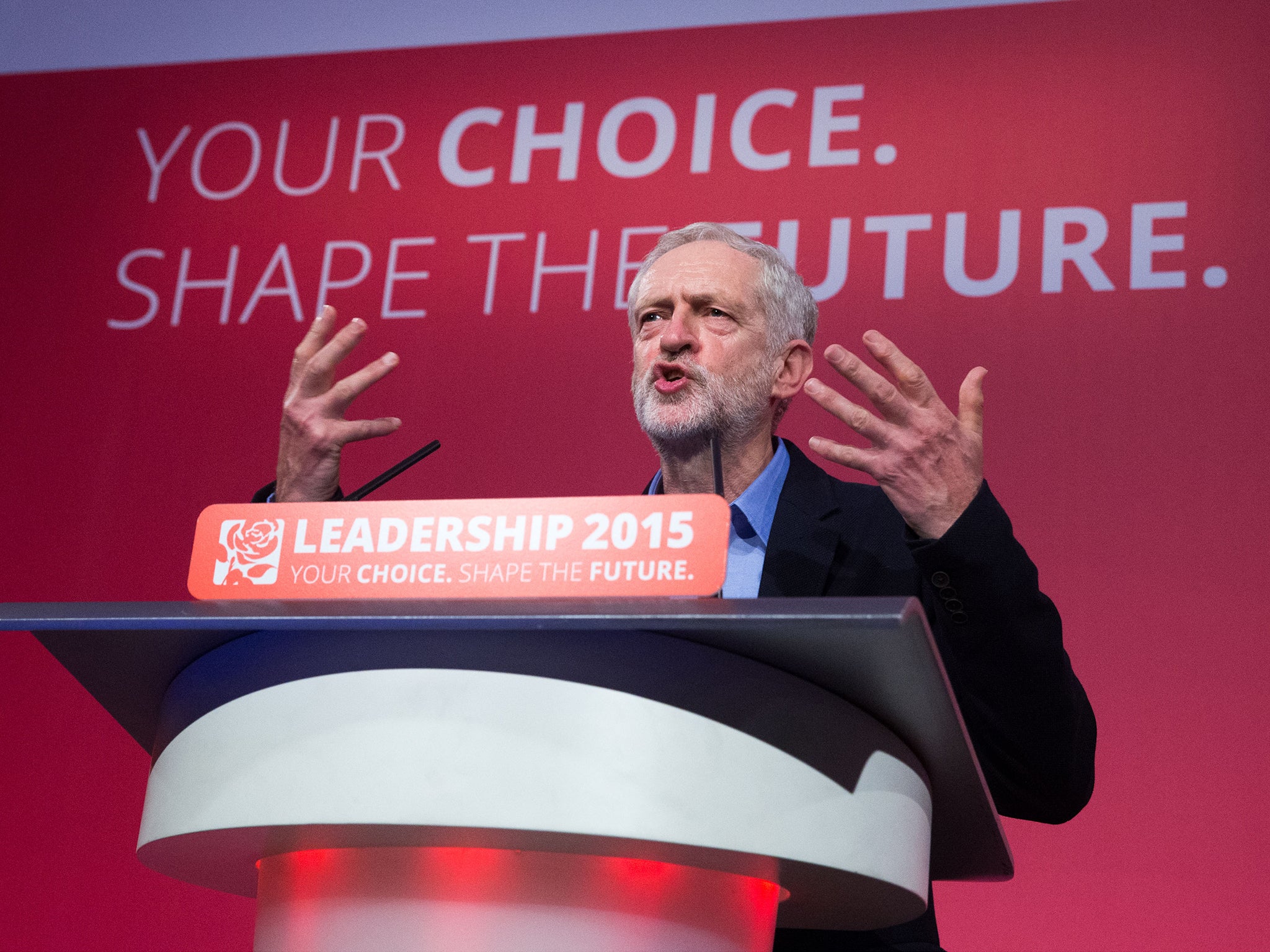
Your support helps us to tell the story
From reproductive rights to climate change to Big Tech, The Independent is on the ground when the story is developing. Whether it's investigating the financials of Elon Musk's pro-Trump PAC or producing our latest documentary, 'The A Word', which shines a light on the American women fighting for reproductive rights, we know how important it is to parse out the facts from the messaging.
At such a critical moment in US history, we need reporters on the ground. Your donation allows us to keep sending journalists to speak to both sides of the story.
The Independent is trusted by Americans across the entire political spectrum. And unlike many other quality news outlets, we choose not to lock Americans out of our reporting and analysis with paywalls. We believe quality journalism should be available to everyone, paid for by those who can afford it.
Your support makes all the difference.Jeremy Corbyn is understood to want Caroline Flint, the Blairite shadow environment secretary, as part of his Shadow Cabinet in an effort to unite a factionalised Labour Party.
A source close to Mr Corbyn described Ms Flint, who came third in the deputy leadership election, as “one of the party’s best communicators by a country mile” and was hopeful she would stay on. A second source said Ms Flint had indicated her intention to stay, although another source close to her insisted she had not yet been approached. Rosie Winterton, the chief whip, is understood to have agreed to stay on.
Mr Corbyn has said half his Shadow Cabinet will be women.
Securing Ms Flint’s support would be a significant coup for Mr Corbyn, who saw an exodus of existing Shadow Cabinet members in the hours after his victory. They included the shadow chancellor Chris Leslie, shadow work and pensions secretary Rachel Reeves and shadow communities secretary Emma Reynolds.
Jamie Reed, a shadow health minister, resigned during Mr Corbyn’s acceptance speech. Mr Reed’s constituency is Copeland in Cumbria, which is dependent upon the nuclear industry; Mr Corbyn is a member of CND and wants to get rid of the Trident nuclear defence system.
Mr Reed’s resignation letter said: “Over 10 years I have managed to secure funding for new hospitals and schools and to establish new nuclear policy, the implementation of which I am immensely proud and which will enable my community to become one of the fastest growing economies anywhere in the United Kingdom.
“This will help to rebalance the national economy, enable us to better secure our energy supplies, help us to achieve our international climate change objectives and reduce nuclear proliferation. Your opposition to this is poorly informed and fundamentally wrong.”
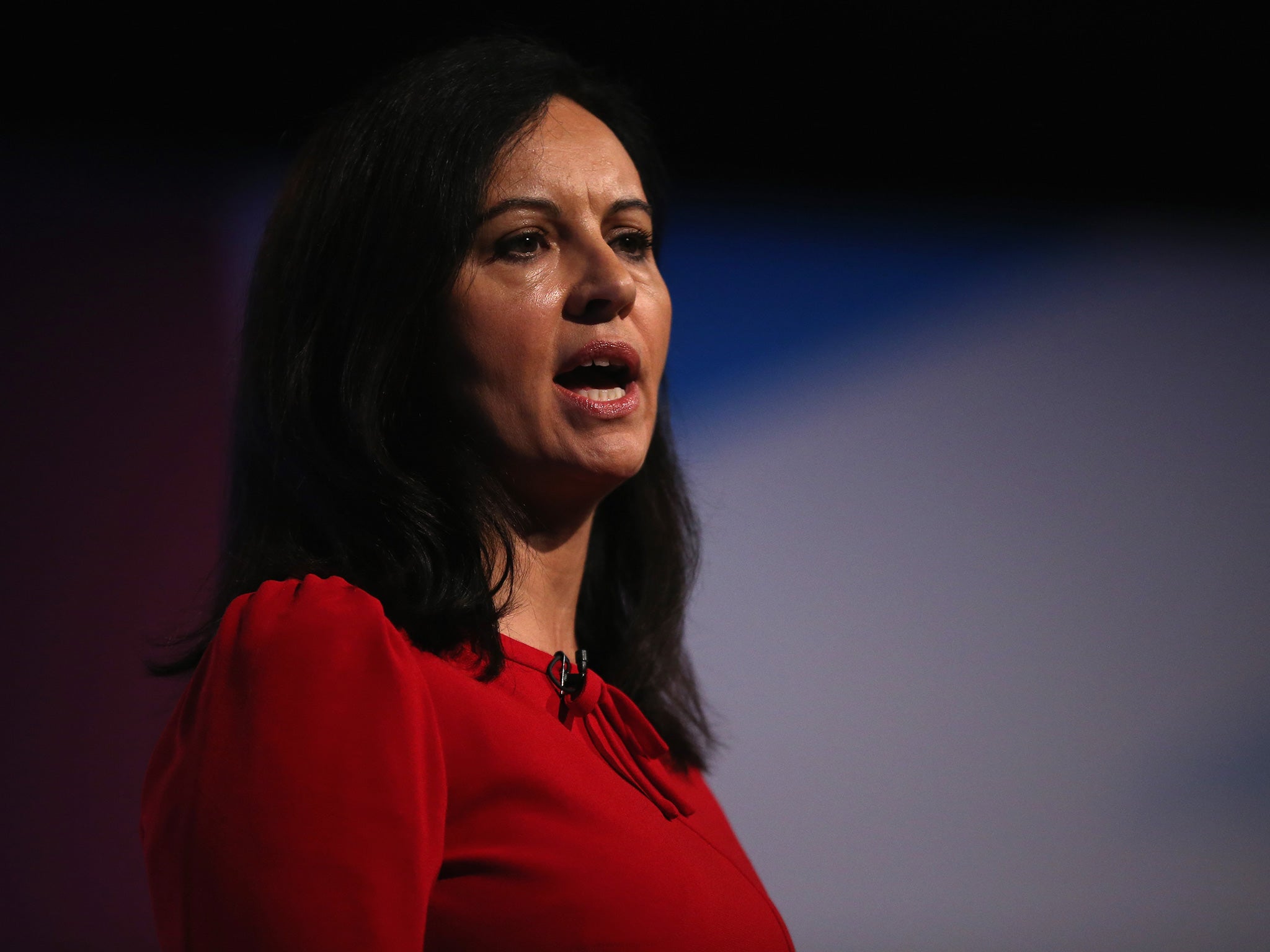
Leadership rivals Yvette Cooper and Liz Kendall are also, as expected, leaving the Shadow Cabinet, as is Mary Creagh, the shadow international development secretary who quit the race in June. It is thought that shadow business secretary Chuka Umunna does not expect to be offered a new shadow cabinet position, while Harriet Harman, who was acting leader, has retired from frontline politics.
There are reports that at least 12 of the current Shadow Cabinet will not serve under Mr Corbyn.
Angela Eagle, the shadow leader of the Commons, could be in line for a promotion to shadow chancellor, even though Mr Corbyn’s friend and campaign manager, John McDonnell, is thought to covet the role.
It is understood that MPs who backed Mr Corbyn recently told him that Mr McDonnell should not be shadow chancellor. They are thought to have argued that putting a hard left-winger in the role would upset more centrist MPs.
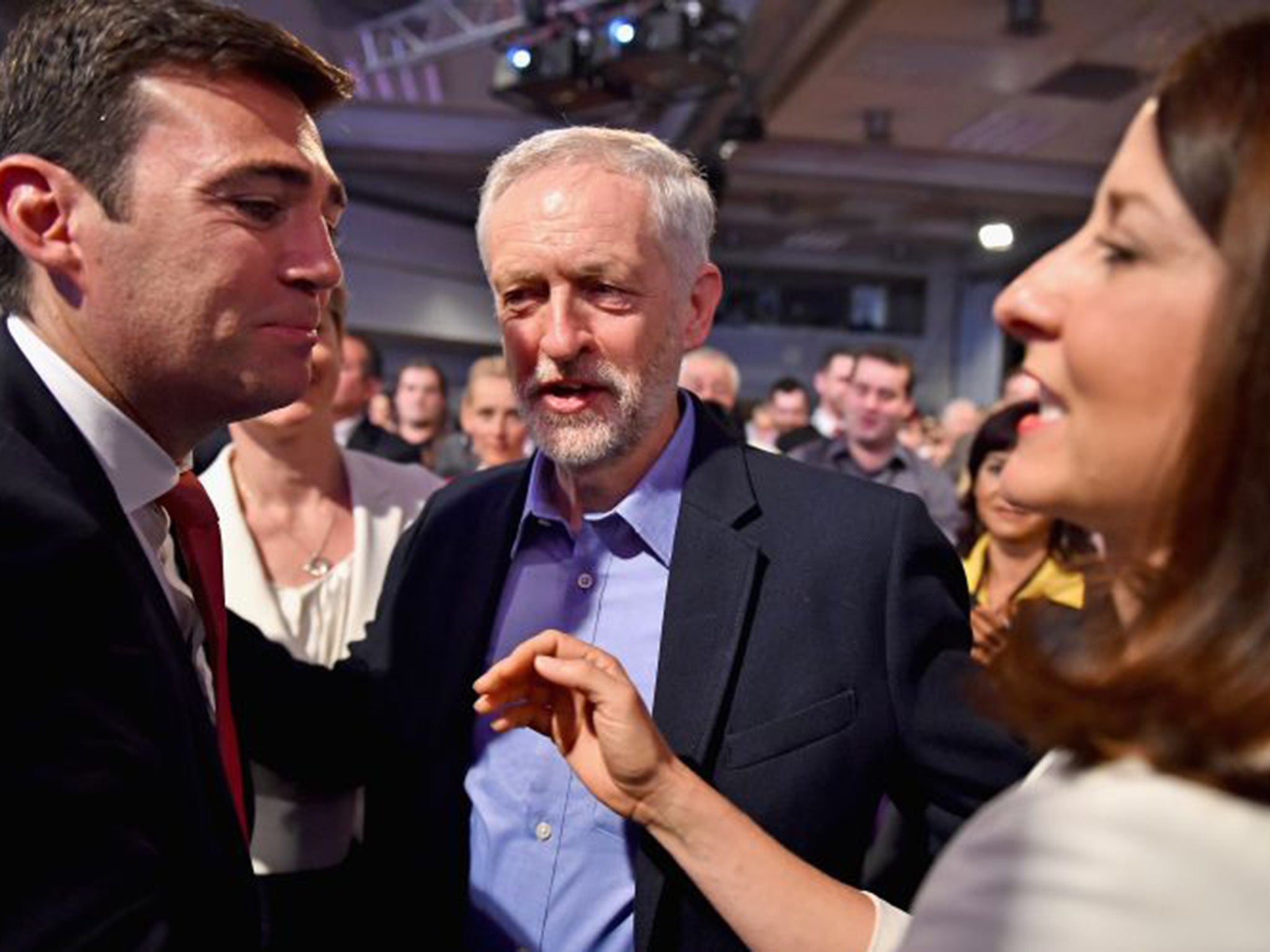
However, a source within Mr Corbyn’s team said the new leader had “the biggest mandate in political history” and had the right to make any appointments he saw fit.
The source confirmed that the new intake of MPs who support Mr Corbyn, such as his former adviser Cat Smith and the Norwich South MP Clive Lewis, accept that it is too early for them to expect promotion. “Promoting them to the Shadow Cabinet after a matter of weeks would cause resentment among other MPs and they do know that,” the source said.
Emily Thornberry could be in line for a return to the front bench – she is close to Mr Corbyn and her Islington South and Finsbury seat neighbours his Islington North. Ms Thornberry resigned as shadow attorney general during the Rochester and Strood by-election last year after she tweeted a picture of a house covered in flags of St George.
Chi Onwurah, a former shadow business and shadow cabinet office minister, is highly regarded by Mr Corbyn’s team and was among those who nominated him for the leadership. Two senior sources said she was being considered for business, even though she has previously worried the City by arguing that BT might have to be broken up.
John Trickett, the shadow minister without portfolio, nominated Mr Corbyn and is expected to be given a significant domestic brief. It is thought Mr Corbyn could try to persuade shadow foreign secretary Hilary Benn to stay in his job.
Corbyn's cabinet: Who's in
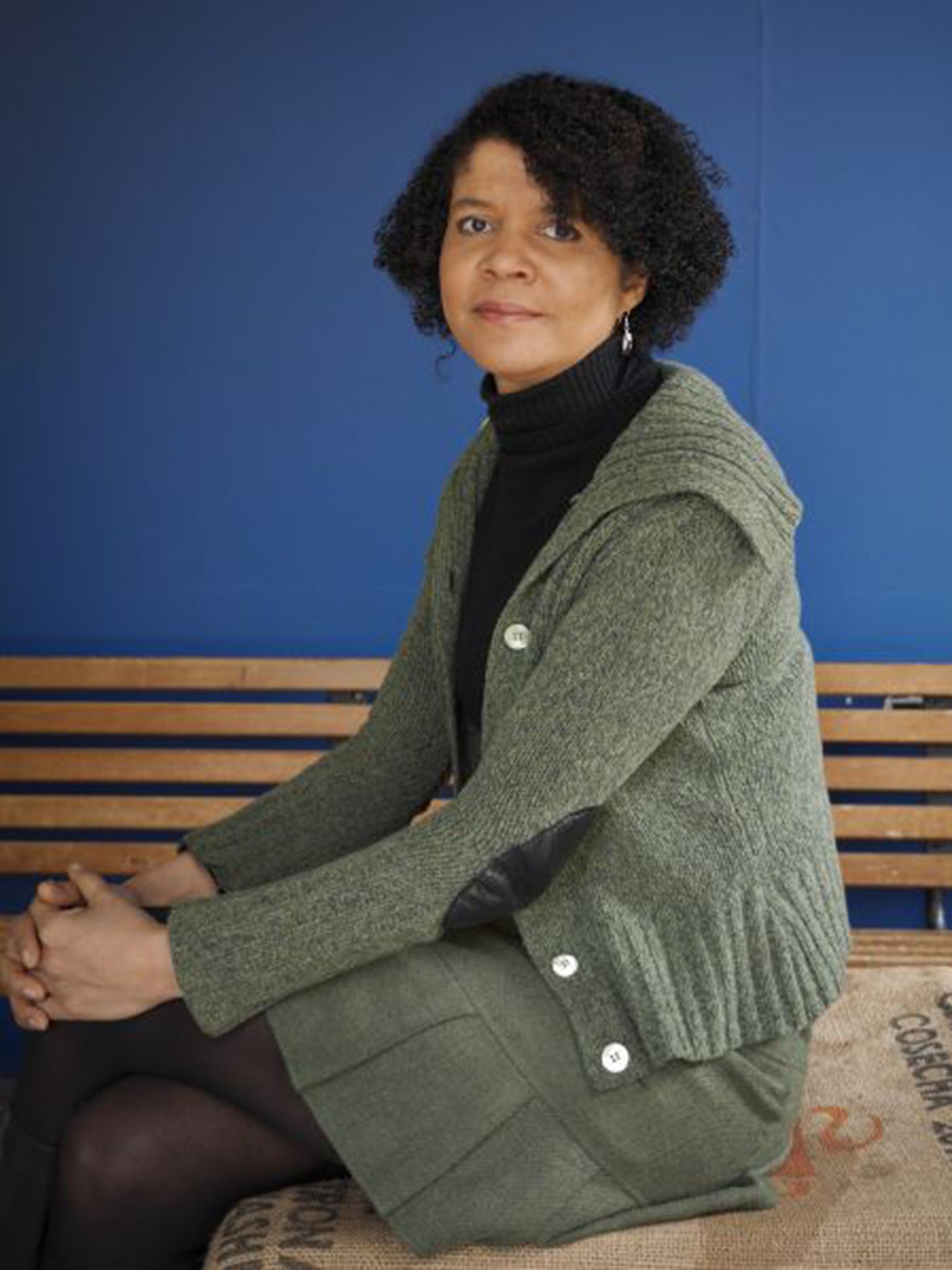
Chi Onwurah
Senior Labour sources say the MP for Newcastle upon Tyne has been lined up to be shadow Business, Innovation and Skills Secretary. Having nominated Mr Corbyn for the leadership – though she backed Andy Burnham – Ms Onwurah’s appointment would mark a move to the left in Labour’s already difficult relationship with the City. Ms Onwurah was a shadow business minister in 2010-13.
Jon Trickett
As a member of the Shadow Cabinet and deputy party chairman, Mr Trickett was the most powerful of those who nominated Mr Corbyn out of genuine support. There have been suggestions that Mr Trickett could be made Chief Whip, but Mr Corbyn is thought to be hopeful of retaining Rosie Winterton. A Labour source suggested that Mr Corbyn is yet to contact Mr Trickett about a role, but others think he will be given a meaty domestic brief.
Caroline Flint
Despite a relatively poor showing in the deputy leadership election, the Corbyn camp considers the shadow Energy and Climate Change Secretary to be “one of the party’s best communicators”. Ms Flint has hinted that she would continue to serve the party from the front bench, even though she is more closely associated with the Blairite wing of the party. Keeping Ms Flint in the Shadow Cabinet would help Mr Corbyn meet his promise of uniting the party.
John McDonnell
Mr Corbyn’s campaign manager and longest parliamentary ally can expect a major portfolio, but it might not be the shadow Chancellor role that he is said to crave. A group of Mr Corbyn’s MP supporters are understood to have recently warned him that Mr McDonnell is too divisive a figure for the economic brief. Mr McDonnell tried to enter the 2007 and 2010 leadership races but couldn’t secure enough nominations from MPs on either occasion.
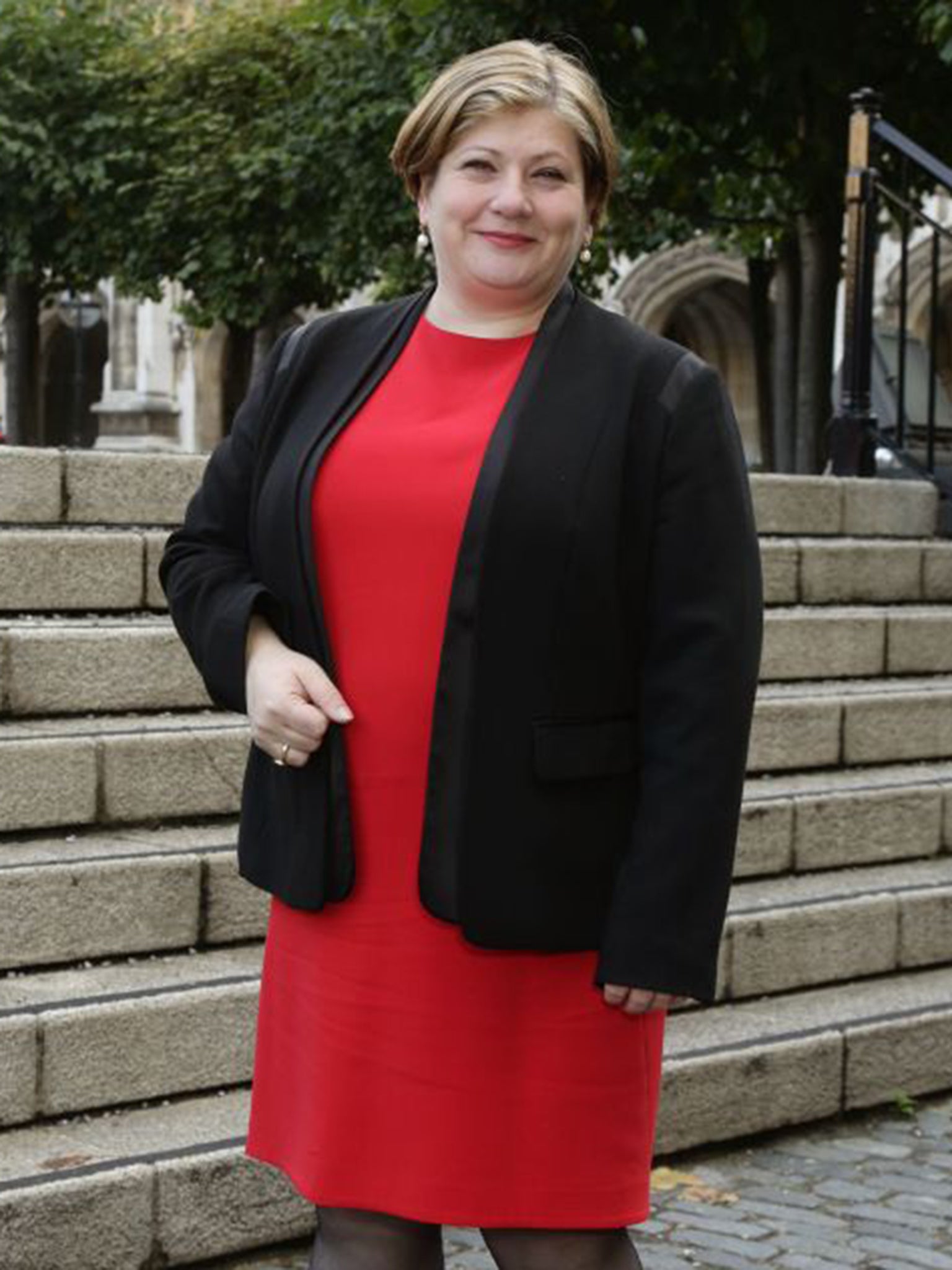
Emily Thornberry
Mr Corbyn’s constituency neighbour is thought to want a quick return to the front bench, having quit as shadow Attorney General last year following a Twitter gaffe at the Rochester & Strood by-election. A source in Mr Corbyn’s camp said the new leader “thinks very highly of her” and that she could return in a senior role and a return to her previous position should not be ruled out.
Who's out
Emma Reynolds
The shadow Communities and Local Government Secretary said that Mr Corbyn needs “space to build his own team” and that she would “serve our party and my constituents from the back benches”. A Liz Kendall backer, Ms Reynolds has been critical of “self-indulgent” MPs who helped Mr Corbyn on to the leadership ballot when they “should know better”. Ms Reynolds is likely to be a leading member of what is dubbed “the resistance”.
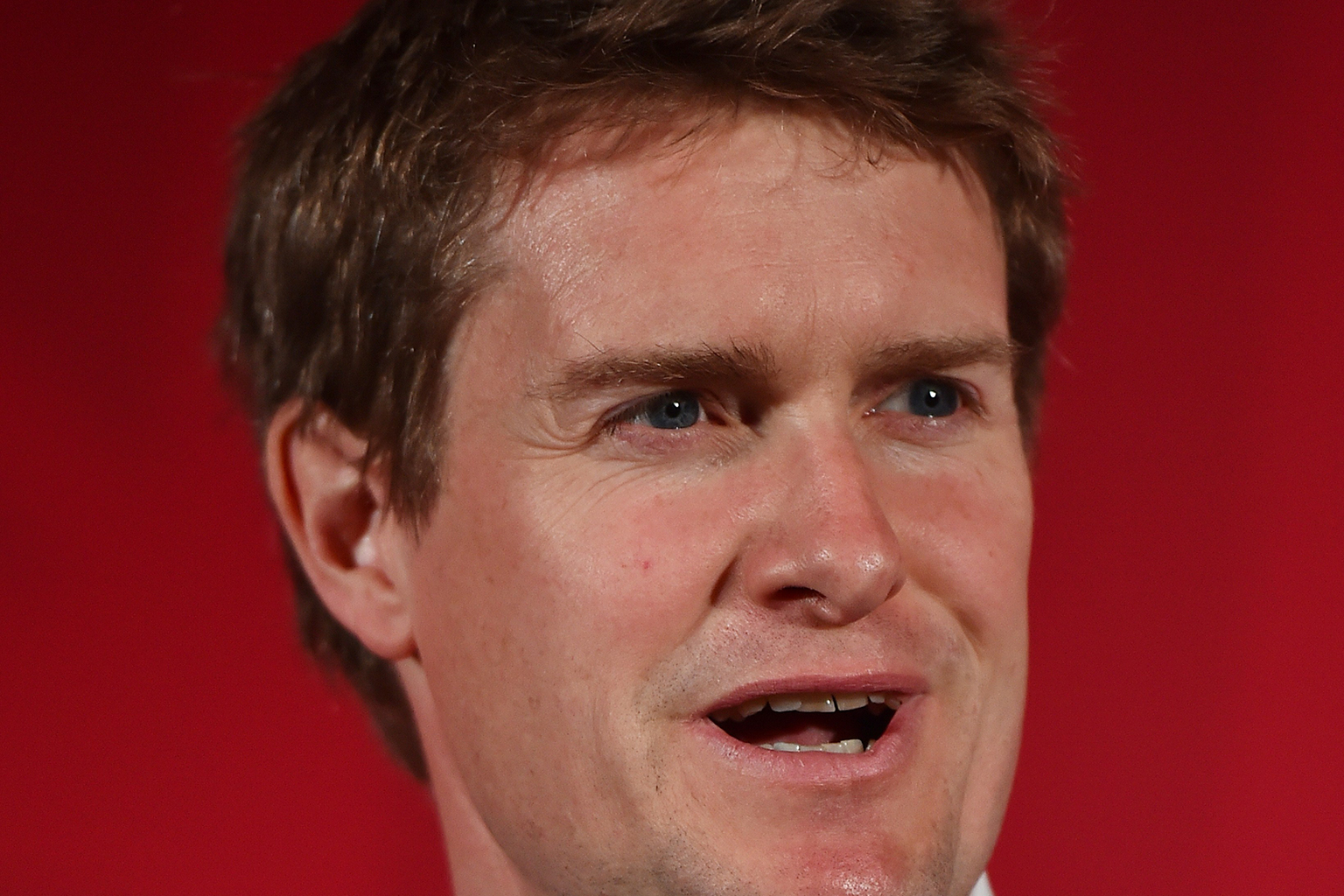
Tristram Hunt
Another MP who thought long and harder about standing, Mr Hunt ultimately backed Blairite candidate Liz Kendall. The shadow Education Secretary was the third frontbencher to resign within 90 minutes of the leadership result announcement, though he said Mr Corbyn “deserves respect and support”. In July, Mr Hunt warned Labour voters risked being “condemned to oblivion” if they chose the “comfort blanket” of Mr Corbyn.
Rachel Reeves
The shadow Work and Pensions Secretary was the second front bencher to announce she would quit, saying she would go to the back benches on her return from maternity leave in January. Unlike shadow health minister Jamie Reed, though, she at least waited until Mr Corbyn had finished his victory speech. Ms Reeves had been tipped as a future shadow Chancellor and was a backer of Mr Burnham.
Chuka Umunna
Many pundits thought the former City lawyer would be preparing for his first Prime Minister’s Questions this weekend, but the shadow Business Secretary pulled out of the leadership race almost as soon as he entered, citing pressure on his family. However, alongside Mr Hunt, he has set up Labour for the Common Good to develop centrist and soft-left policies. Mr Umunna said that “the party must respect the result”.
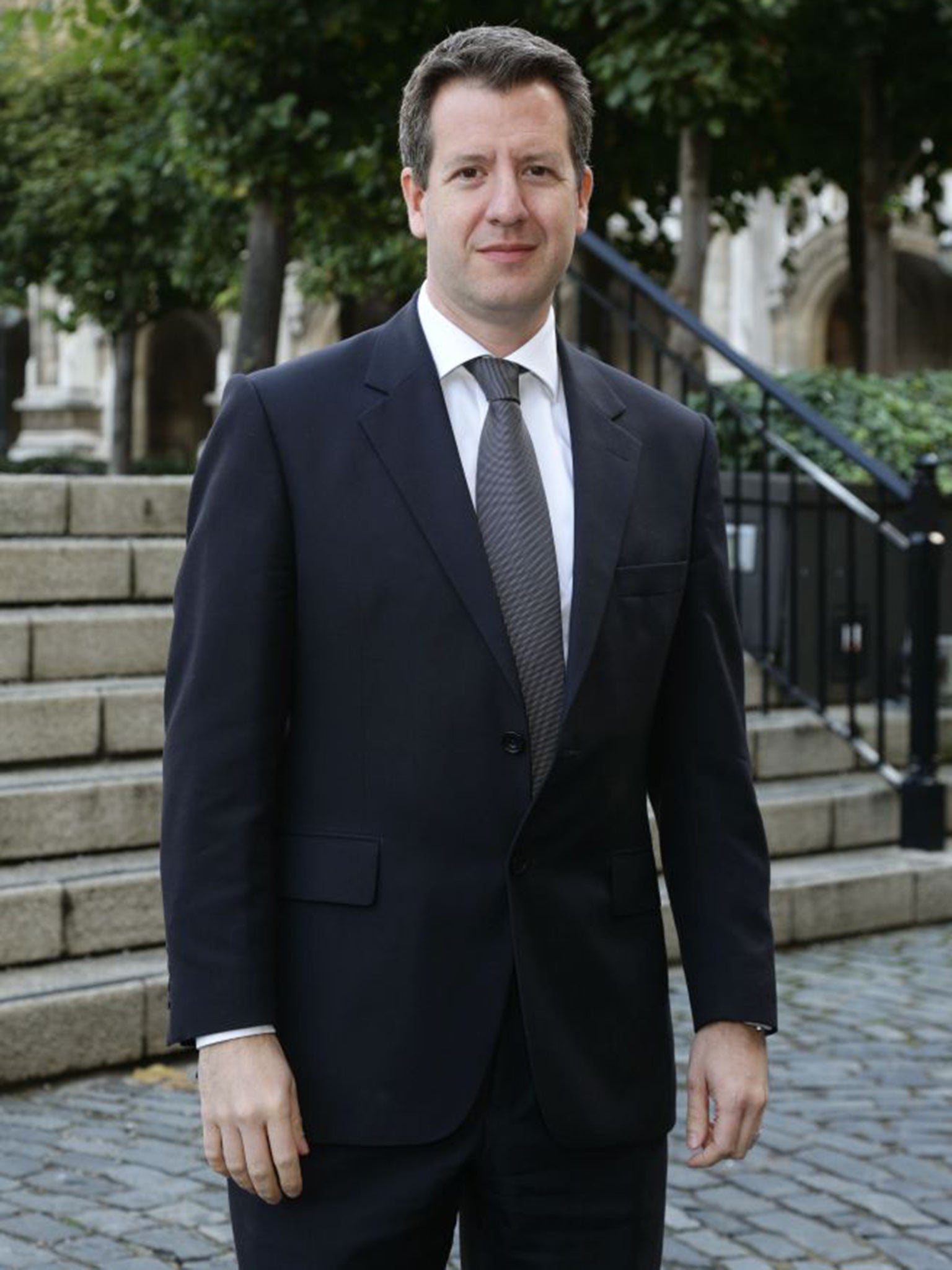
Chris Leslie
The shadow Chancellor has been a highly vocal critic of “Corbynomics”, in particular the possible inflationary implications of printing money to fund infrastructure projects. He said that Mr Corbyn was not a “credible” Prime Minister and that Labour would “not be the party I joined” if the veteran left-winger won. Mr Leslie said last month that he could not serve in a Shadow Cabinet led by Mr Corbyn.
Special advisers face the chop
Labour could lose its “brains trust” early this week, when about 20 special advisers – “spads” – are expected to be made redundant or to quit in the aftermath of Jeremy Corbyn’s leadership victory.
Spads are dedicated to a specific department, to monitor and help to develop policy and communications. There are usually one or two spads per department, but they are made redundant when the shadow cabinet minister leading those teams is sacked or resigns.
With Mr Corbyn struggling to prevent an exodus from the Shadow Cabinet, as well as wanting to bring in his own supporters to top roles, more spads are expected to leave than after previous leadership changes. Several spads are understood to have been applying for jobs outside of Parliament in expectation of the changes, while others will not accept other jobs with the new administration because they disagree with Mr Corbyn’s politics.
A shadow cabinet source said: “A lot of the spads will go. It’s not just that these spads are our future MPs and our brains trust. We will also lose all of their accumulated knowledge and experience.” One spad added: “I think about 20 to 25 of us will be made redundant or leave.”
Join our commenting forum
Join thought-provoking conversations, follow other Independent readers and see their replies
Comments